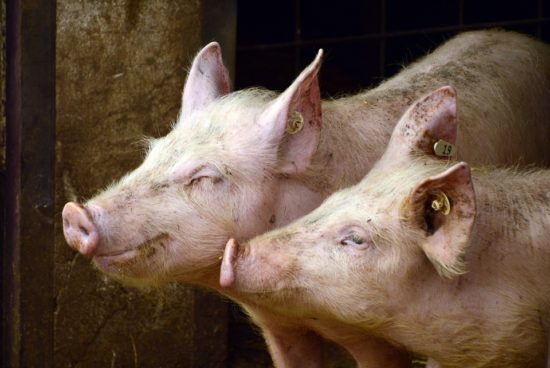Exploring the Socioeconomic Importance of Antimicrobial Use in the Small-Scale Pig Sector in Vietnam
Antimicrobial resistance (AMR) is influenced by antimicrobial use in human and animal health. This use exerts selection pressure on pathogen populations with the development of resistance and the exchange of resistance genes. While the exact scale of AMR in Vietnam remains uncertain, recent studies suggest that it is a major issue in both human and animal health. This study explored antimicrobial use behaviors in 36 pig farms in the Nam Dinh Province (North) and the Dong Nai Province (South) of Vietnam (with a median of 5.5 breeding sows and 41 fattening pigs). It also estimated the economic costs and benefits of use for the producer. Data were collected through a structured face-to-face interview with additional productivity data collected by farmers during a six-week period following the initial interview. Overall, antimicrobial use was high across the farms; however, in-feed antimicrobial use is likely to be under-reported due to misleading and imprecise labelling on premixed commercial feeds. An economic analysis found that the cost of antimicrobials was low relative to other farm inputs (~2% of total costs), and that farm profitability was precariously balanced, with high disease and poor prices leading to negative and low profits. Future policies for smallholder farms need to consider farm-level economics and livestock food supply issues when developing further antimicrobial use interventions in the region.
AMR NEWS
Your Biweekly Source for Global AMR Insights!
Stay informed with the essential newsletter that brings together all the latest One Health news on antimicrobial resistance. Delivered straight to your inbox every two weeks, AMR NEWS provides a curated selection of international insights, key publications, and the latest updates in the fight against AMR.
Don’t miss out on staying ahead in the global AMR movement—subscribe now!







